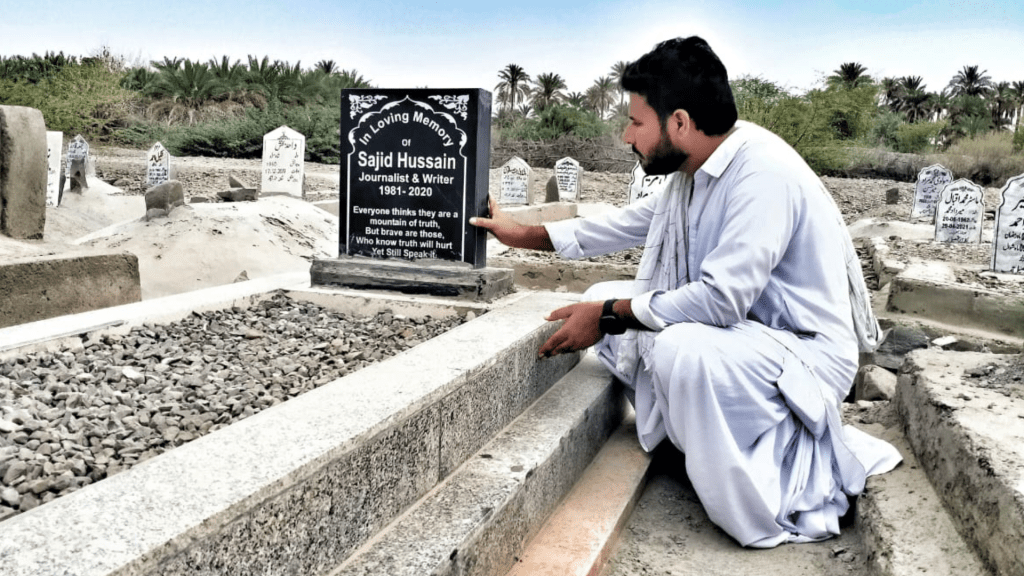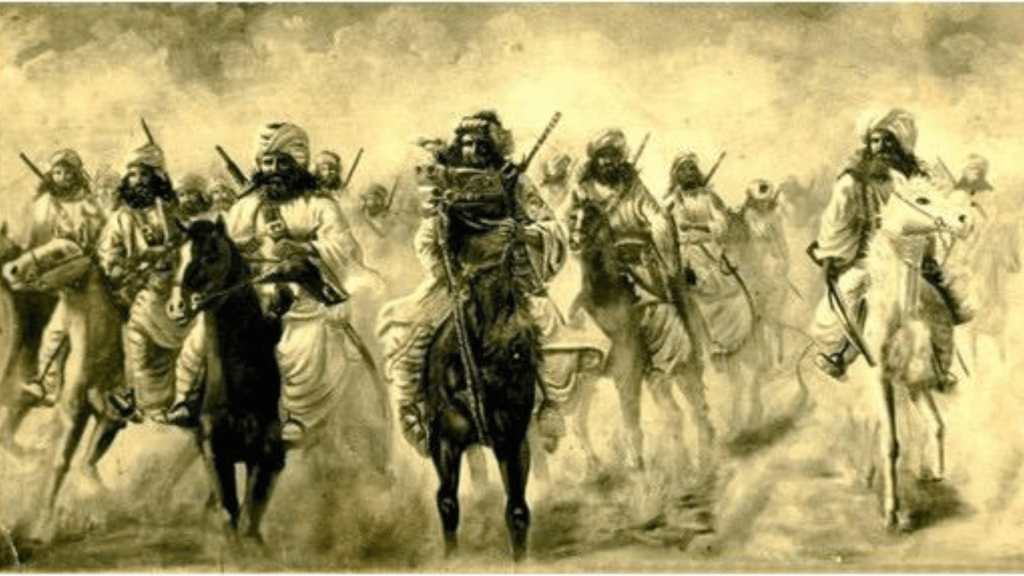When he started composing poetry in Balochi in late 1950s, poets were divided into two major, and often competing, groups. One group, led by Gul Khan Naseer, called themselves Progressives, seeking political, economic and social change through literature. For them, the political message in their poetry was more important than poetic fineness and subtleties of language.
The other group, led by Syed Zahoor Shah Hashmi, was that of purists, who wanted to purge Balochi of, what they thought, foreign influence. They were of the view that Western Dialect — the Balochi spoken mostly in Makran and Siestan — was the purist of all; hence, they discarded other dialects. Syed Hashmi was so obsessed with preserving what he called “pure Balochi” that he wrote hundreds of pages of poetry mainly to conserve archaic words.
Atta Shad refused to join either group; he was neither convinced of bringing political change through poetry nor was he an advocate of purism. On the contrary, he conceived a poetic diction inclusive of words from all the dialects of Balochi, despite the fact that he was himself a speaker of the dominant Western Dialect. This new diction afforded him a wider spectrum for his intricate poetic expressions.
Although, his poetry is not devoid of politics and he spoke quite often of tribal oppression and social inequities through his poetry, his poems are far more subtle and multi-layered in meaning than those of Progressive poets.
In the introduction to shap sahar andeim, perhaps his last article, he affords his readers a sneak-peek into his literary theory. Clearly addressing the purists, he writes that all languages have to evolve. “It’s evident from the history of other languages that a language evolves with time. Arabic, Persian, English, Urdu or other languages are not the same as they used to be in the beginning.” At another place in the same article, he asks, unmistakably mocking the Progressive poets: “should we consider sloganeering as some sort of poetry?”
According to him, Syed Hashmi composed great poems at the beginning of his literary career until he started focusing on preserving the language through verse, while Gul Khan became a better poet at the end of his career when he started giving attention to the subtleties of the art.
Atta took inspiration from Mohammed Hussain Unqa, a poet-cum-politician. Atta’s diction and symbolism are a refined version of Unqa’s. “Unqa was the only poet who impressed me,” he told an interviewer, months before his death.
Atta was also a well-known poet in Urdu; in fact, he took his Urdu poetry more seriously. He published two collections of his Urdu poetry during his lifetime, while both of his Balochi collections – Shap sahar andeim and Roch ger – were published posthumously. That was perhaps because of the fact that he didn’t see much space for his innovative poetic style in Balochi.
Due to his rebellious nature, he earned criticism from all quarters. Some assailed him for introducing free verse in Balochi, some thought his poems did not make any sense, some saw him as an agent of bourgeois while some accused him of polluting the Balochi language by using English or Urdu structures.
He was acknowledged as a literary genius at a much later stage, particularly because of the efforts of his friend, poet and first full-time Balochi literary critic Karim Dashti, who was among the very first few admirers of Atta’s poetry. He devoted a number of his literary essays defending Atta’s diction, symbolism and use of free verse.
Shay Ragam, a Baloch writer, says he once asked Atta about the secret behind his eventual recognition. “Is it your poetry that has changed or are the readers more accommodating now?” he asked him. “Time has changed,” Atta responded.
Sajid Hussain (1981-2020) was a writer and senior journalist from Balochistan. He had a degree in Economics, International Relations and English Literature from Karachi University. He had the experience of working with Pakistani newspapers Daily Times and The News International. Sajid Hussain was also the founding editor of this online magazine.



